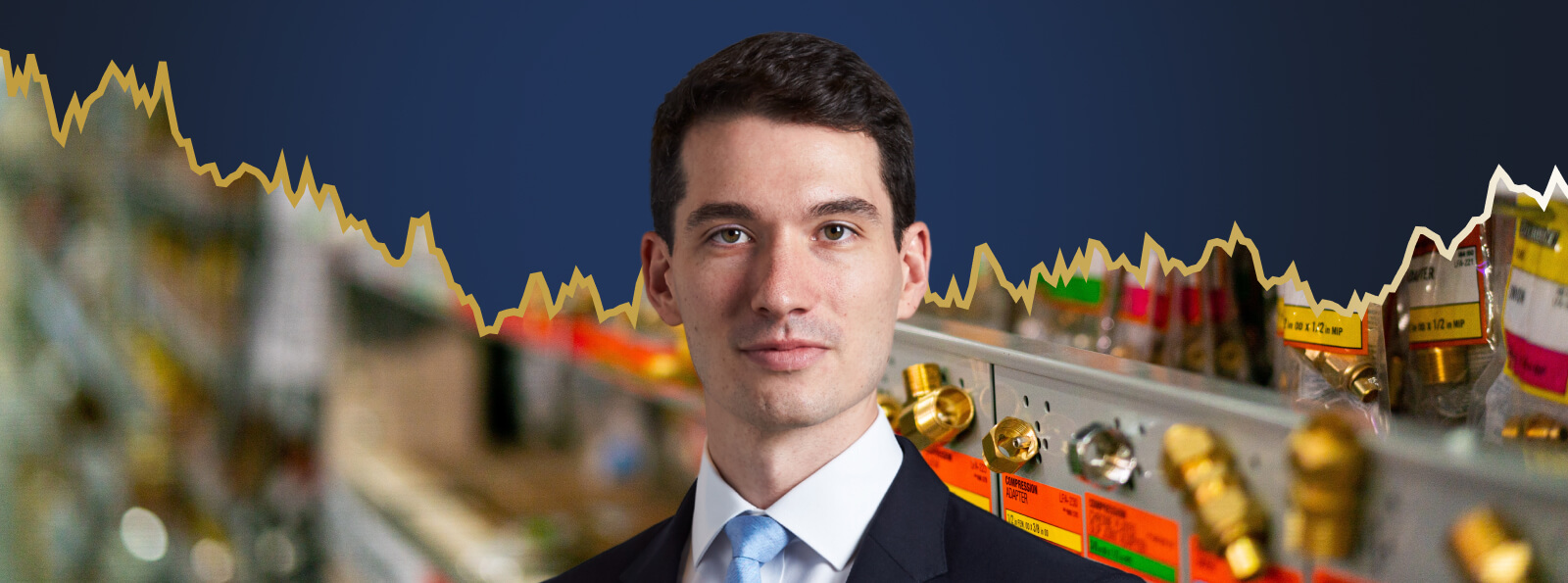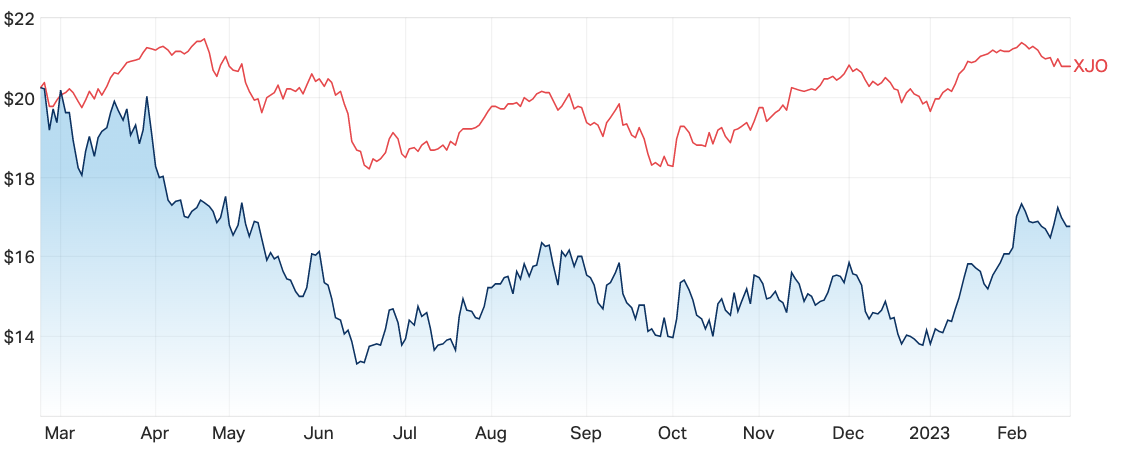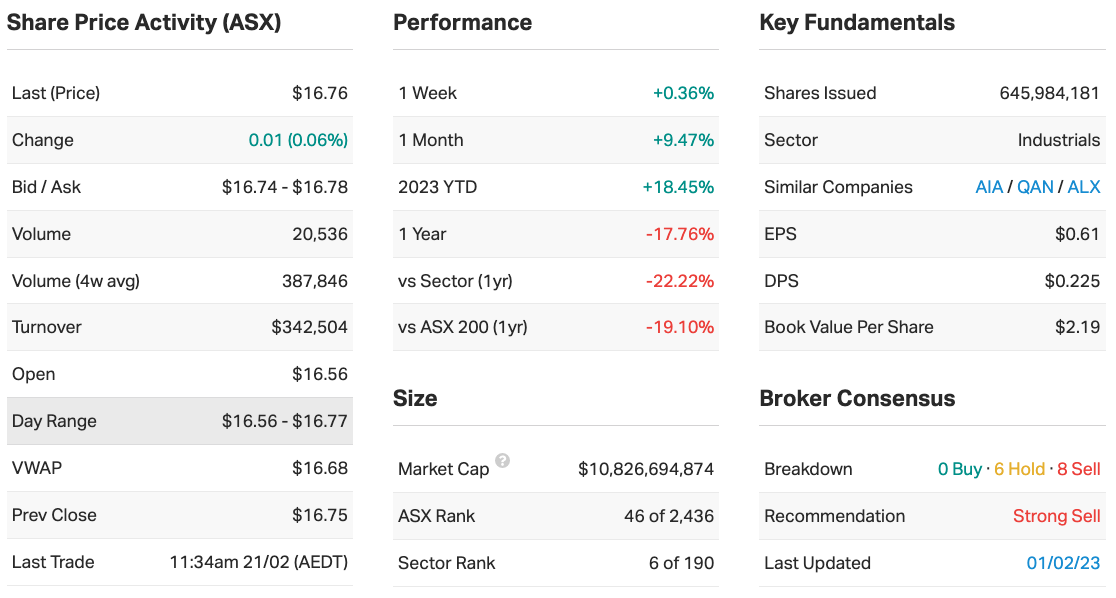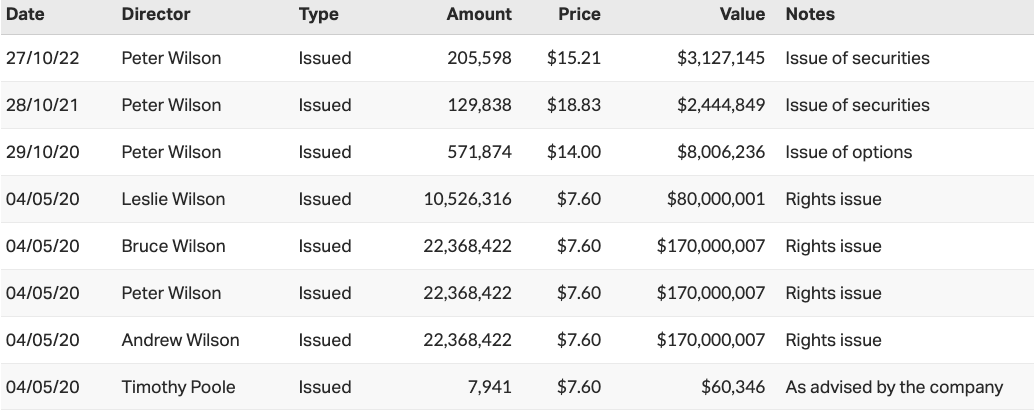This housing-linked stock beat expectations despite slowing construction activity
A pullback in Australian housing construction activity is widely expected at some point this year. That’s partly because the backlog of projects spurred by Homebuilder is winding down, and also the lag effect of interest rate rises so far – and the near-certainty of more ahead.
But in the eyes of Wilson Asset Management equity analyst, Sam Koch, much of the risk for Reece Group (ASX: REH) – a plumbing, bathroom, heating, ventilation, air-conditioning, waterworks, and refrigeration product business – is already reflected in the share price.
Reece, which has been in business for more than a century and a family-led business for at least three generations, generates around two-thirds of its earnings from Australia and New Zealand. Most of the remainder comes from the US, where the company has had a presence for the last four years.
“In Australia, Reece is relatively sheltered with large exposure to renovation and repair – which is a more defensive part of the market. But in the US, there’s a larger skew to new housing construction, with around 80% of exposure to that part of the market,” Koch says.
In the following wire, Koch discusses Reece's interim result, along with his view on the outlook for the company and the Industrials sector it occupies.
.jpg)
REH vs ASX 200

The one-year daily chart of REH in comparison to the S&P/ASX 200 (Source: Market Index)
Reece interim results
- Net profit after tax of $186 million, up 18% year on year
- EBIT of $325 million, also 18% higher than 1H 2022
- Sales revenue of $4.4 billion, up 23%
- EPS of 32.5c/share, up 28%
- Interim dividend of 8 cents a share, fully-franked
Key company data for Reece

Note: This interview took place on Wednesday 22 February 2023. Reece is a portfolio holding of Wilson Asset Management.
What were the key takeaways from the result? What surprised you the most?
The interim result was well ahead of market expectations, driven by strong product price growth, which more than offset inflationary pressures in the business, driving margin expansion. Revenue, EBITDA, and EBIT beat market expectations by 7%, 12% and 11% respectively, while NPAT was in line due to an abnormally high effective tax rate.
While Reece is known for executing well in its respective markets, the key surprise for us was how much product price traction they achieved in a weaker volume environment (for context, for the December quarter, Australian and US volumes were down 2% and 6% respectively).
But as input costs ease from here, we expect that management will be able to hold onto part of those price increases and potentially grow profit margins into the future. Management talked about how, during a higher inflationary environment, they'll bounce as fast as possible, like kangaroos, in terms of getting those price increases. But in a deflationary environment, with input cost deflation, they'll act more like wombats.
What was the market's reaction - was it appropriate, underdone or an overreaction?
In my view, the reaction is appropriate.
The stock is currently down 4%, broadly in line with Reece’s US building material company peers. While the company delivered a strong result, it is backward-looking and the outlook management provided was understandably cautious.
It was also delivered at a time when two US peers – Louisiana Pacific and Home Depot – provided downbeat commentary on the US market overnight, so that has weighed on sentiment.
Would you buy, hold or sell Reece on the back of these results?
Rating: Hold
The current caution around the US and Australian housing cycle warrants attention. We anticipate that the market will overreact to earnings weakness as these cycles play out over the next six to 12 months, and give us an opportunity to take advantage of negative sentiment and increase the position of the stock within the portfolio.
What's your outlook for Reece and the industrial sector? Are there any risks investors should be aware of?
The biggest risk to Reece and their peers is the slowdown in the Australian and US housing markets, which you can see has started to play out in their results. We are watching these developments closely, while keeping in mind that investors are already expecting weakness as evidenced by the material de-rating in their valuations over the last 12 months. So, we’re trying to understand where earnings ultimately ‘trough out’ in this cycle, and take advantage of the overly negative sentiment.
As far as how we think Reece will perform relative to its peers, we are much more comfortable holding this business, given its strong track record of value creation, investing through the cycle, defensive business model, relatively defensive end market exposure and under-geared balance sheet. We think the management team are a safe pair of hands.
From 1-5, where 1 is cheap and 5 is expensive, how much value are you seeing in the market right now?
Rating: 2
For the Industrials sector specifically, investors have become incredibly short-term focused as the economic cycle has deteriorated, and we’ve seen that play out in valuation multiples de-rating over the last 12 months. That’s the opportunity for longer-term shareholders to look through short-term weakness, and invest in some high-quality, under-valued growth companies.
For the ASX more broadly which has a large exposure to the Resources sector, I'd say it's a 3. We have seen a significant divergence between the performance of Resources and Industrial companies over the last 12 months, and we’re seeing a lot more value in the Industrial space.
Most recent director transactions

Catch all of our February 2023 Reporting Season coverage
The Livewire Team is working with our contributors to provide coverage of a selection of stocks this reporting season. You can access all of our reporting season content by clicking here.
1 topic
1 stock mentioned
1 contributor mentioned


